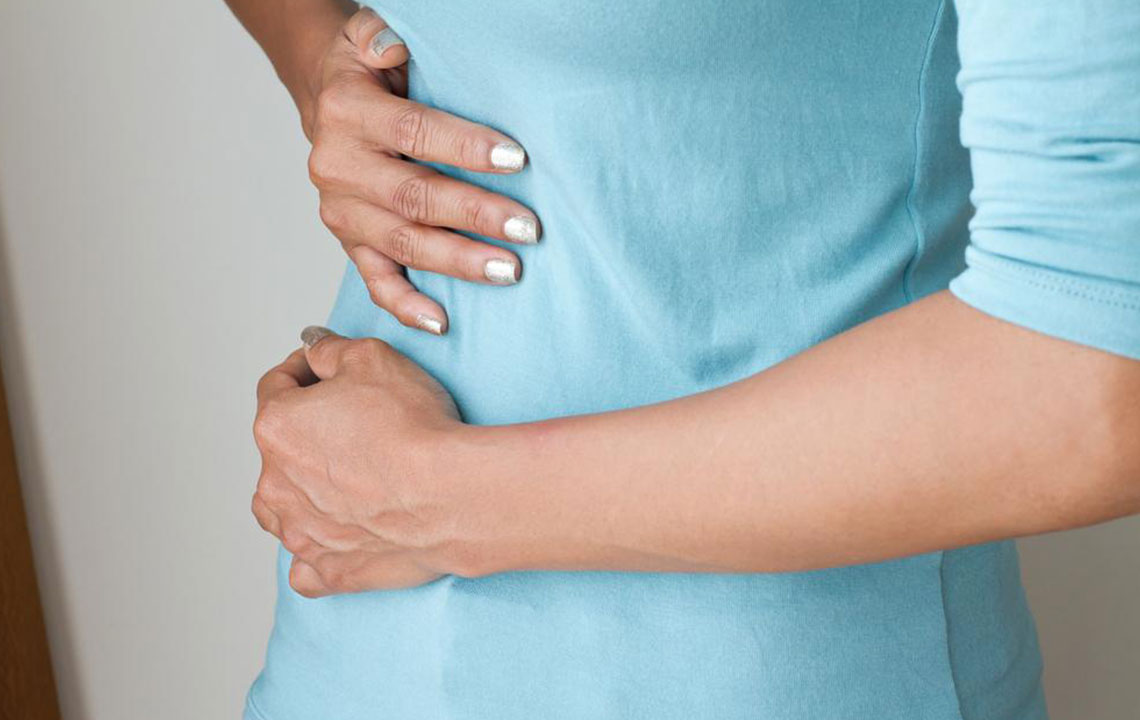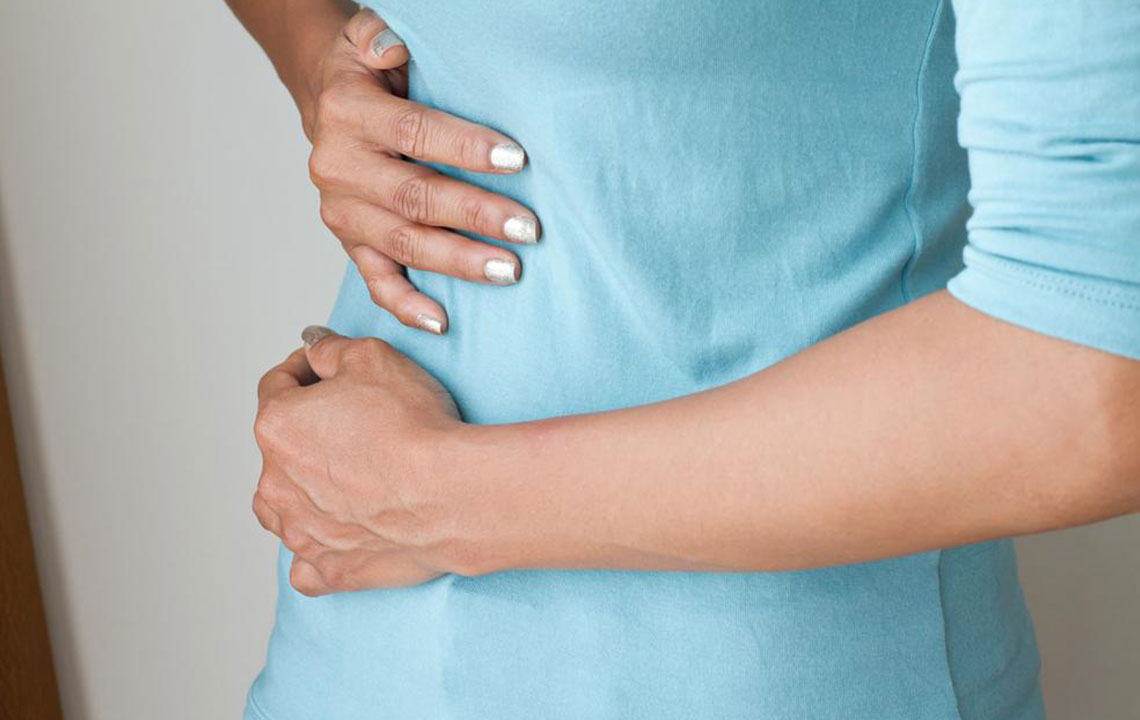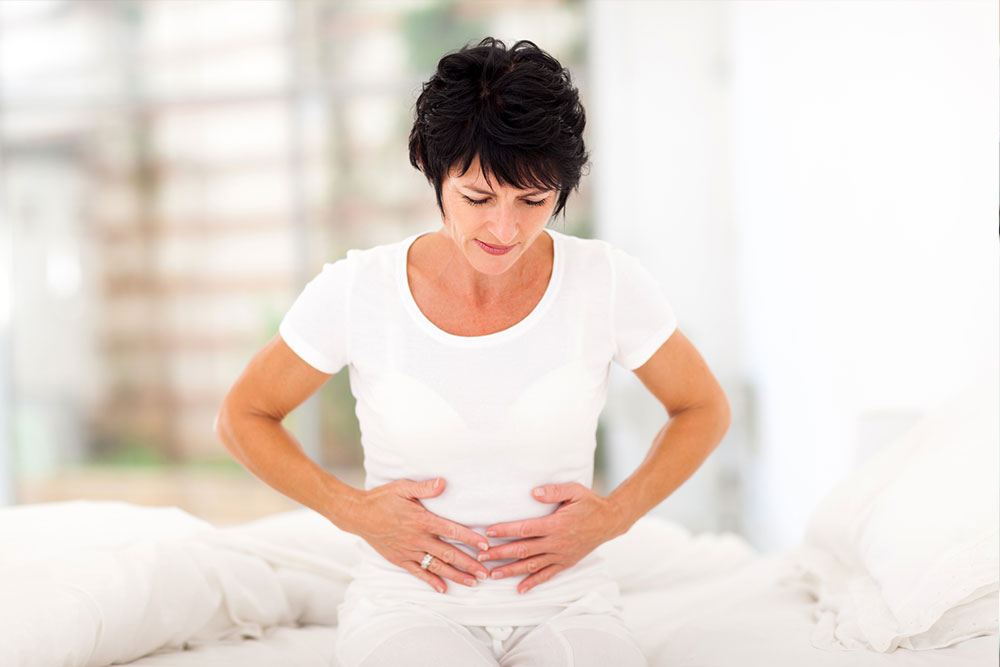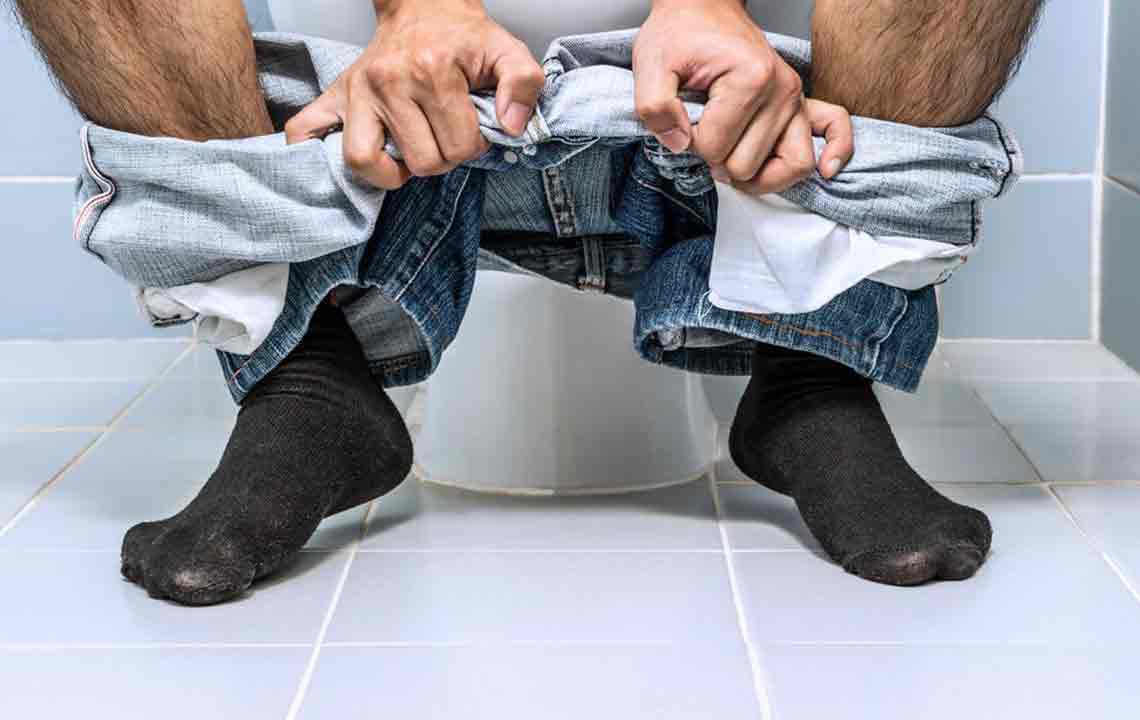Comprehensive Guide to Preventing and Managing Hemorrhoids Effectively
This comprehensive guide provides detailed strategies for preventing and managing hemorrhoids effectively. It covers natural remedies, lifestyle modifications, minimally invasive procedures, and surgical options, along with essential prevention tips. By understanding the symptoms and treatment options, you can alleviate discomfort and reduce recurrence risks. Implementing these tips fosters better rectal health and enhances overall well-being. Ideal for those seeking safe, natural, and professional solutions, this article emphasizes proactive care and medical consultation for lasting relief from hemorrhoids.

Comprehensive Strategies for Hemorrhoid Prevention and Management
Hemorrhoids, commonly referred to as piles, are swollen veins located in and around the anal and rectal regions. These veins can become enlarged due to various factors, leading to discomfort, itching, pain, and bleeding. While hemorrhoids are usually benign and tend to resolve spontaneously within a few weeks, they can significantly impair quality of life if not managed properly. Consulting with a healthcare provider is important to rule out other underlying conditions and to determine the most appropriate treatment plan. This guide aims to provide in-depth information about effective remedies, lifestyle modifications, and preventive measures to help you manage and prevent hemorrhoids effectively.
Understanding the symptoms and types of hemorrhoids guides better treatment and prevention. Symptoms vary depending on the hemorrhoid's location and severity, categorized mainly as internal or external.
Internal hemorrhoids develop inside the rectum and are often painless; bleeding during bowel movements may be the only visible symptom. These hemorrhoids can prolapse or protrude through the anus if they become enlarged.
External hemorrhoids form around the anus and are more visible. They tend to cause swelling, itching, burning sensations, and sometimes painful thrombosis if blood clots form.
Extensive Home Remedies and Self-Care Strategies for Hemorrhoids
Effective self-care practices
Cold Compresses and Ice Packs
Applying cold packs or ice to the affected area can swiftly reduce swelling and numb pain, providing immediate relief. To do this, wrap ice in a clean cloth and apply it for intervals of 10-15 minutes.
Warm Sitz Baths
Soaking the anal area in warm water, especially using a sitz bath, is a proven method to soothe irritation, decrease swelling, and relieve discomfort. These baths can be done for 15-20 minutes several times a day. Commercial sitz bath units are available for convenience.
Over-the-Counter Pain Relief
Using medications such as acetaminophen, ibuprofen, or aspirin can help alleviate pain and reduce inflammation. Anesthetic creams and ointments designed for hemorrhoids can also provide localized relief.
Natural Supplements and Botanical Remedies
Certain herbal and natural supplements have shown promise in alleviating hemorrhoid symptoms. These include:
Butcher’s Broom: Known for improving blood circulation and reducing swelling
Pycnogenol: An antioxidant that can strengthen blood vessels
Horse Chestnut Extract: Reduces inflammation and supports vascular health
Witch Hazel: A natural astringent that helps soothe irritated skin
Psyllium Husk: A fiber supplement that eases bowel movements and reduces straining
Essential Oils and Topical Applications
Cypress oil enhances blood flow regulation, aiding in reducing swelling. Helichrysum, rich in anti-inflammatory compounds, can facilitate healing and diminish inflammation. Aloe Vera gel, when applied externally or as frozen strips, provides a cooling remedy to soothe irritated tissues. Lemon juice, used topically or ingested, can fortify blood vessel walls and lessen bleeding. Additionally, almond and olive oils are natural soothing agents that diminish irritation and inflammation when applied externally.
Non-invasive Medical Procedures
For persistent or severe hemorrhoids unresponsive to home remedies, several minimally invasive procedures are available. These include:
Rubber Band Ligation: Small rubber bands are placed around the hemorrhoid base, cutting off blood supply, leading to shrinkage and eventual fall-off.
Injection Sclerotherapy: A chemical solution is injected directly into the hemorrhoid to shrink it.
Infrared Coagulation: A device delivers infrared light to coagulate blood vessels, causing hemorrhoids to fade.
Electrocoagulation: Uses electric current to cauterize hemorrhoidal tissue effectively.
Surgical Options for Severe Cases
When nonsurgical treatments fail, or hemorrhoids are large and prolapsed, surgical procedures may be necessary. Common surgeries include:
Hemorrhoidectomy: Complete removal of hemorrhoids, usually performed under local or general anesthesia. While effective, it involves a recovery period of a few days to weeks.
Stapled Hemorrhoidopexy (PPH): This technique involves stapling prolapsed hemorrhoidal tissue back into place. It results in less pain and quicker recovery, making it a preferred choice for many patients.
Effective Prevention Strategies for Hemorrhoids
Preventing hemorrhoids before they develop is always preferable. Adopting healthy lifestyle habits can greatly reduce the risk of hemorrhoids and promote overall rectal health. Here are some essential prevention tips:
Consume a High-Fiber Diet
Incorporate plenty of fruits, vegetables, whole grains, and legumes into your meals. Fiber adds bulk to stool, making it easier to pass and reducing straining during bowel movements.
Stay Hydrated
Drinking sufficient fluids, especially water, helps keep stool soft, prevents constipation, and eases elimination. Aim for at least 8 glasses of water daily.
Use Fiber Supplements if Needed
If dietary fiber alone isn't enough, consider using fiber supplements like psyllium husk or methylcellulose to maintain smooth bowel movements.
Avoid Straining and Prolonged Sitting on the Toilet
Practice healthy bathroom habits by not delaying bowel movements and avoiding intense straining. Limit time spent sitting on the toilet to reduce pressure on perianal veins.
Engage in Regular Physical Activity
Exercise promotes normal bowel function, reduces pressure on rectal veins, and supports healthy weight management. Activities like walking, swimming, and yoga are beneficial.
Manage Weight and Reduce Pressure
Extra weight increases pressure on the anus and rectum, heightening the risk of hemorrhoids. Maintaining a healthy weight through diet and exercise is crucial.
Limit Long Sitting Sessions
Avoid sitting for extended periods, especially on hard surfaces. Take short breaks to stand, walk, or stretch during work or leisure time.
Following these preventive measures can significantly lower your chances of developing hemorrhoids while supporting general rectal and colon health. Remember, early intervention and lifestyle adjustments are key to managing this common condition effectively.





